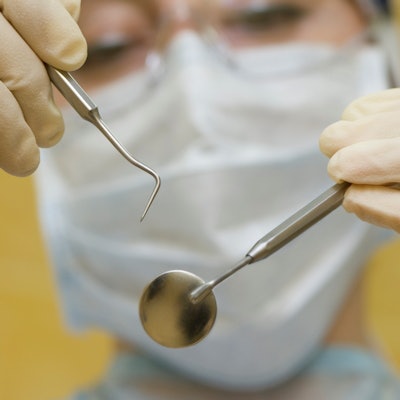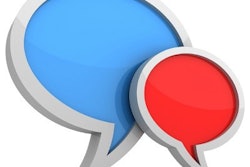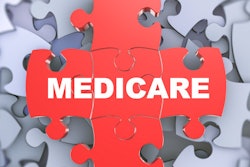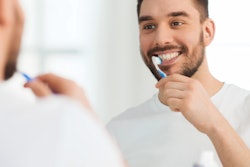
Outside of cleaning teeth and checking on patients' oral care, it is important for dental offices to check patients in, get them treated, and then get them on with the rest of their day. Two-way radios are an efficient form of communication that can help dental offices.
Many dental offices use intercom systems to communicate from the front of the business to the dentists and hygienists working in the examining rooms. While effective, these systems are not ideal. They are loud, often not clear, and disruptive to dentists and patients. Many patients are already nervous when visiting the dentist, so having a loud squawking box in their ear doesn't help keep them calm.
Radios help dentists, hygienists, and office staff create an efficient environment inside the practice to get more patients through the doors each day without sacrificing quality care for each person. Two-way radios provide clear, concise communication that isn't disruptive. This form of communication has many benefits when it comes to helping dental offices work effectively.
Below are three areas where two-way radios can help.
Benefits of two-way radios
1. Increased number of patients seen
By using two-way radios in your dental practice, communication becomes more effective. Better communication means that hygienists can see one to two more patients daily because of a reduction in the wait time for the dentist. When hygienists see more patients, that means more revenue for the business.
Hygienists don't have to wait until the dentist is completely done with their current task before asking them to see a patient. The dentist can have an earpiece in their ear connected to the radio and receive messages. Better communication means more information is being passed from person to person, so patients receive the best care possible, and in a timely manner.
Dentists can also see more patients throughout the day when using two-way radio communications. When there is an effective form of communication throughout the office, dentists can see up to three extra patients daily because they know which patients are ready at any given moment. This cuts down on interruptions from the dentist stepping into a patient's room when their hygienist is only halfway through a cleaning, for instance.
2. Improved productivity
Two-way radios help with time efficiency. If the office manager has a question for the dentist or hygienist, instead of walking to the back, getting the answer, and then returning, they can press a single button to get the answer they need. Using radios prevents the many trips back and forth for often quick yes-or-no questions that can take up a lot of time when scattered throughout the day.
When staff and employees don't have to take extra time seeking people out, they can focus on more important tasks, like taking care of the patients. On the opposite side, dentists can speak with the office manager or nurses to get a patient's file or get information for the patient.
Cutting down on these unnecessary trips helps the practice be more effective in its treatment of patients. Many patients don't want to be in the dentist's chair to begin with, so cutting down on that time helps with anxiety.
Two-way radios are beneficial in case of an emergency. If an emergency takes place, the dentist needs to stay with the patient and communicate with staff to treat the patient quickly. This instant form of communication reduces the time necessary to get the right help to the patient.
3. Ease of use
Two-way radios are easily programmable, meaning different members of the team can be on different channels. If a dentist is performing a long procedure on a patient and doesn't want to hear the office manager asking hygienists for files or information, they can change over to a separate channel.
It is often beneficial for the dentist to have their own dedicated channel, where they can speak with staff only when necessary. This allows the dentist to focus on their work but still be available in an emergency.
What to look for in a two-way radio
When purchasing a two-way radio communication system for a dental office, a couple of key features need consideration. One, purchase a radio that is easy to turn on and off. Push-to-talk systems are great for dental professionals who are multitasking throughout the day. Two, always purchase from a vendor who can help you with technical questions and setup of the devices. Doing so allows you to focus on the business and the patients rather than setting up a system for multiple radios.
Stewart McClintic is co-owner of HQ98.com. HQ98.com is a two-way radio vendor located in Scottsdale, AZ. McClintic has helped dozens of dental and medical clinics set up two-way radio systems within their offices.
The comments and observations expressed herein do not necessarily reflect the opinions of DrBicuspid.com, nor should they be construed as an endorsement or admonishment of any particular idea, vendor, or organization.



















